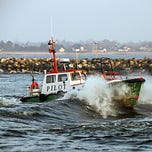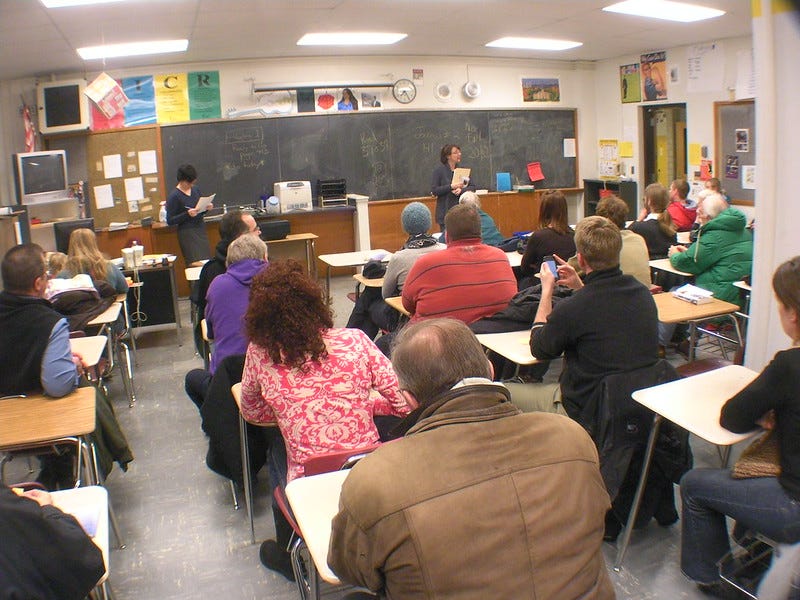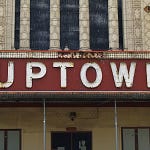Withstanding the Bitter Winds of Washington, D. C.
During election cycles, residents can sometimes feel overwhelmed by the many candidates and organizations competing for their attention. In many ways, this is understandable. Issues such as reducing crime, addressing encampments, and fostering a thriving business environment are complex, leading to multiple perspectives on how best to approach them.
One new group working to increase civic engagement is We Love Minneapolis. For this newsletter, we spoke with its founder, Andrea Corbin, about why she started this grassroots organization. We Love Minneapolis focuses on increasing voter participation in caucuses and conventions. Corbin emphasizes that while most people focus on elections in November, the real decision-making happens much earlier—caucuses and conventions determine 95% of election outcomes.
We chose to feature this organization to highlight the importance of community involvement. The chaos, fear, and arrogance we see at the national level are forces we must resist in Minneapolis. Our city is what we make of it, and through civic engagement, we can shape a Minneapolis that withstands the bitter winds blowing from Washington, D.C.
Key Interview Themes:
Lack of Awareness & Civic Engagement
Many residents don’t understand the role of the City Council or how the caucus system works.
Corbin herself was unaware of these processes until she saw the impact of crime and infrastructure projects on her community.
We Love Minneapolis seeks to educate and mobilize voters, ensuring broader participation in the political process.
Public Safety & Business Challenges
Corbin became politically active after witnessing increased crime near her flower shop and what she saw as unfair road construction policies.
She discusses the influence of advocacy groups like Our Streets and how they are shaping city infrastructure decisions.
She argues that the city’s policies negatively affect businesses and public safety, leading to rising insurance rates and economic decline.
Minneapolis Caucus Process & Political Influence
The Democratic Socialists of America (DSA) have leveraged the caucus system to gain influence without officially being a political party.
Caucuses are determined by a small fraction of the electorate (about 1.2% of residents), allowing well-organized groups to dominate the process.














Share this post